Join over 4 million Americans who start their day with 1440 – your daily digest for unbiased, fact-centric news. From politics to sports, we cover it all by analyzing over 100 sources. Our concise, 5-minute read lands in your inbox each morning at no cost. Experience news without the noise; let 1440 help you make up your own mind. Sign up now and invite your friends and family to be part of the informed.
Doing Impact Work in Challenging Times: A Survival Guide for Changemakers
The world feels like it's on fire—and I'm not just talking about the latest climate reports (though those are terrifying too). If you're in the impact space like me, you've probably had countless conversations with friends, colleagues, and that person you met at the coffee shop who somehow knew exactly what you do and immediately launched into their existential crisis.
We're watching communities devastated by conflict, seeing talent we've invested in lose their jobs, and witnessing a concerning lack of priority for people and planet amid rising global tensions. It's enough to make anyone want to hide under a weighted blanket with a good book (I recommend anything that doesn't mention "unprecedented times").
But here's the thing: this is precisely when changemaker resilience matters most.
The Data Doesn't Lie (Unfortunately)
Let's start with some sobering numbers, because ignoring reality has never been a successful strategy for sustainable impact:
Global Employment Crisis: The International Labour Organization reports that global employment growth has been downgraded by up to 7 million jobs in 2025, with employment growth slowing from 1.7% to 1.5%. In the US alone, 221,812 Americans lost their jobs in just the first two months of 2025—33% higher than the same period in 2024. Meanwhile, 81% of US workers are worried about job loss in 2025.
Humanitarian Catastrophe: The 2025 Emergency Watchlist reveals that just 20 countries (11% of global population) account for 82% of global humanitarian needs. The Global Humanitarian Assistance report shows cuts in international humanitarian funding delivered the biggest drop ever recorded, with funding potentially contracting by 34-45% by end of 2025.
Climate Impact: Natural disasters caused global economic losses of $368 billion in 2024, while droughts are causing record devastation worldwide, with some areas experiencing the worst drought ever recorded. The climate crisis is pushing an estimated 120 million more people below the poverty line by 2030.
So yes, it's a lot. And if you're feeling overwhelmed, you're not alone—67.2% of community-based professionals are experiencing burnout, and social entrepreneurs face particularly high rates of exhaustion due to the emotional weight of the work.
How to Stay Sane in Insane Times
As Flynn Coleman, the international human rights attorney and author of "A Human Algorithm," reminds us through her work on building resilience: hope and action are forms of resistance. When systems are failing and institutions are under strain, our individual and collective responses become acts of defiance against despair.
Here are five key strategies for maintaining your sanity and effectiveness as a changemaker:
1. Do It In Community
The research is clear: community resilience significantly predicts lower burnout rates among impact workers. Don't try to save the world alone—you'll just end up becoming another casualty.
Join or create peer support networks. The PCDN Career Campus offers exactly this kind of community for social impact professionals, providing curated opportunities, networking events, office hours with experts, and a Slack channel where you can commiserate with fellow changemakers who understand why you're crying about policy updates at 2 AM.
2. Take Care of Yourself (No, Really)
This isn't just feel-good advice—it's strategic. Studies show that building resilience requires both individual and organizational interventions, with the most effective approaches combining personal practices with structural support.
Practically, this means:
Set boundaries (revolutionary, I know)
Develop "practices and routines" that prevent isolation and maintain relationships
Practice what researchers call "emotional regulation"—recognizing and managing emotions effectively even in stressful situations
Remember that self-care isn't selfish when your work depends on your capacity
3. Do Something Small (Or Don't Do Something At All)
Perfectionism is the enemy of impact. Research on resilience shows that "cognitive flexibility"—adapting your thinking and problem-solving approaches—is crucial for thriving amid uncertainty.
Sometimes the most radical thing you can do is say no to that extra committee, that urgent but non-essential project, or that networking event that makes you want to fake your own death. As one social entrepreneur put it: "We need to delegate and learn to say no to manage workload and avoid overwhelm".
Not everything needs to be revolutionary. Sometimes paying your rent on time and getting eight hours of sleep is the foundation that makes everything else possible.
4. Consume Better Information
Your media diet affects your mental health and capacity for effective action. Instead of doom-scrolling through the latest catastrophe, intentionally seek out constructive information and solutions-focused content.
Goodable is a science-backed platform that uses AI to curate positive news and has been clinically proven to improve mood and well-being in less than 30 seconds. Other quality sources include The Good News Network, Positive News, and Reasons to be Cheerful.
This doesn't mean ignoring real problems—it means balancing your information intake so you can stay informed without being paralyzed.
5. Focus on Systems, Not Just Symptoms
Remember that individual resilience, while necessary, isn't sufficient. As research on burnout prevention emphasizes: "the workplace is the most important factor in preventing burnout and fostering resilience—environment is the crucial element requiring change".
Work to change the systems that create the conditions you're trying to address. Support policies that protect workers' rights, advocate for sustainable funding models, and push for organizational cultures that prioritize both impact and well-being.
Resources for the Road Ahead
Beyond PCDN Career Campus and Goodable, here are essential resources for impact professionals:
Professional Development: Careers for Social Impact offers coaching and programs for purpose-driven leaders, while Bloom Platform provides training, mentorship, and funding for social enterprises, especially in challenging contexts. MovingWorlds connects social enterprises with capacity-building support.
The Honest Truth
Here's what I've learned after years in this space: the work is hard, the world is complicated, and sometimes your best efforts feel like throwing pebbles at a hurricane. You will have days when you question everything, when the news makes you want to scream, and when that person at the networking event asks "But does it scale?" for the fifteenth time.
As Coleman's work reminds us, "hope and action are resistance" isn't just a nice phrase—it's a practical strategy. When systems fail, communities step up. When institutions crumble, people create new ones. When the world feels impossible, changemakers make it possible.
So take care of yourself. Find your people. Do what you can with what you have where you are. And remember: even in the darkest times, impact work isn't just a career—it's an act of faith in the possibility that things can be better.
The world needs you, but it needs you sustainable, not sacrificial.
Want to stay connected with the PCDN community? Check out the Career Campus for daily opportunities, peer support, and resources designed specifically for changemakers navigating these challenging times.

Sponsored
Culture Change Made Easy
Join 30k of your peers for practical tips from workplace culture experts Jamie Notter and Maddie Grant, with insights from their latest book Culture Change Made Easy: Unlock Your Hidden Culture Pat...
Social Impact News & Resources
😄 Joke of the Day
Why did the spreadsheet break up with the calculator?
Because it needed more space and less functionality in the relationship!
🌐 News
🇧🇷 Brazil’s Electoral Reform Slashed Voter Fraud
A new study shows that Brazil’s digital voter ID and biometric reforms significantly reduced fraud while improving overall trust in the democratic process. A win for governance innovation.
Read more on VoxDev🤖 Manifesting with AI? It’s a Thing Now.
AI-generated vision boards are becoming tools of self-discovery and empowerment, blending tech with personal growth. The future of intention-setting just got an upgrade.
Explore the story in The New York Times🇦🇫 Afghan Women Keep Resisting
Despite increasing restrictions, women in Afghanistan are mobilizing, advocating, and refusing to surrender their right to bodily autonomy. Courage in the face of adversity.
Learn more from Human Rights Watch
🏢 Career Resource
PCDN.Global
PCDN offers one of the largest curated global job boards for social impact professionals, with over 1,500 active opportunities across peacebuilding, climate action, social innovation, and more.
💼 Explore opportunities
🔗 LinkedIn Profile to Follow
Júlia Roig – Founder of The Horizons Project
A systems-change leader and narrative strategist, Júlia shares insight on building bridges across divides, movement ecology, and transnational organizing.
🔗 Connect with Júlia Roig



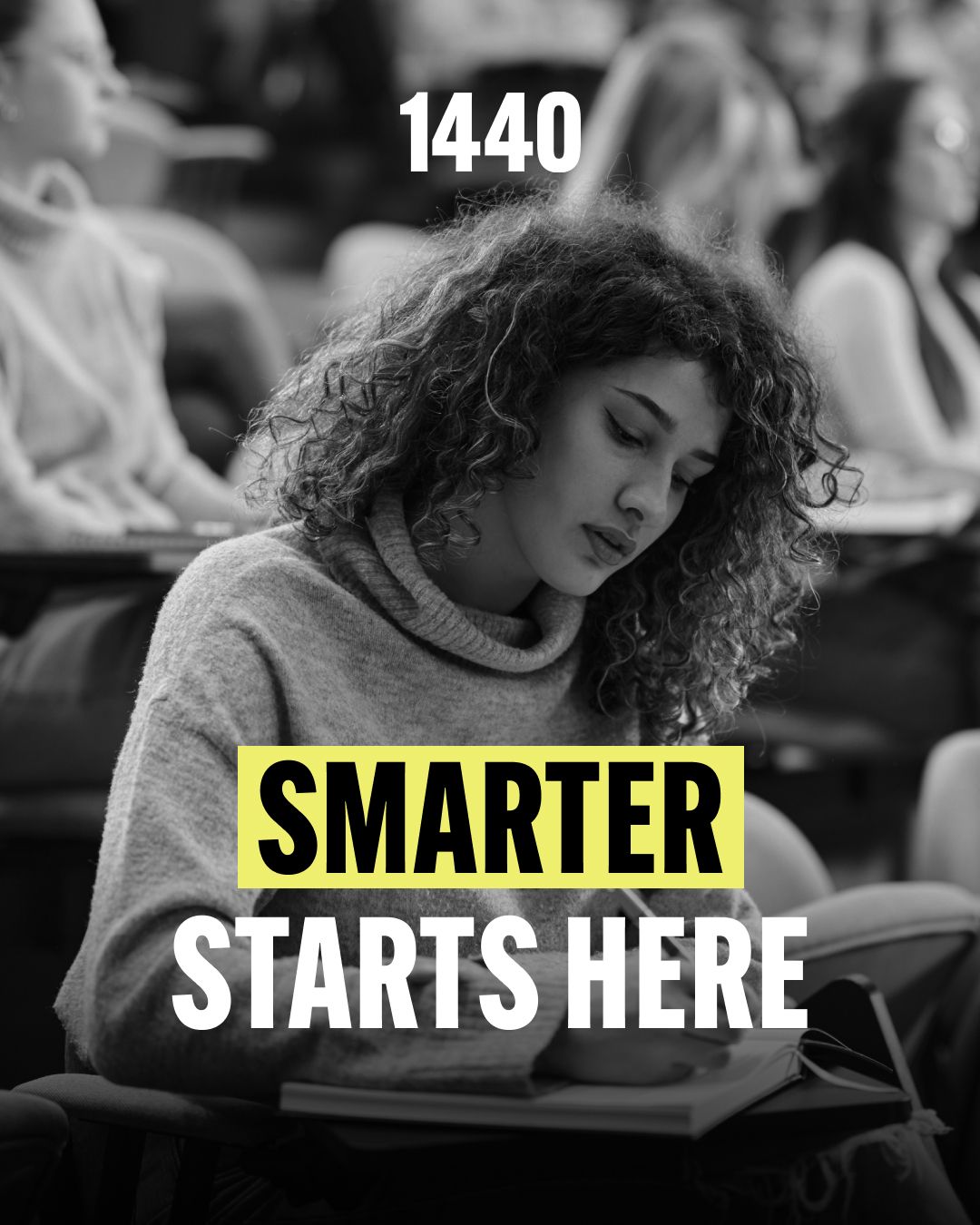


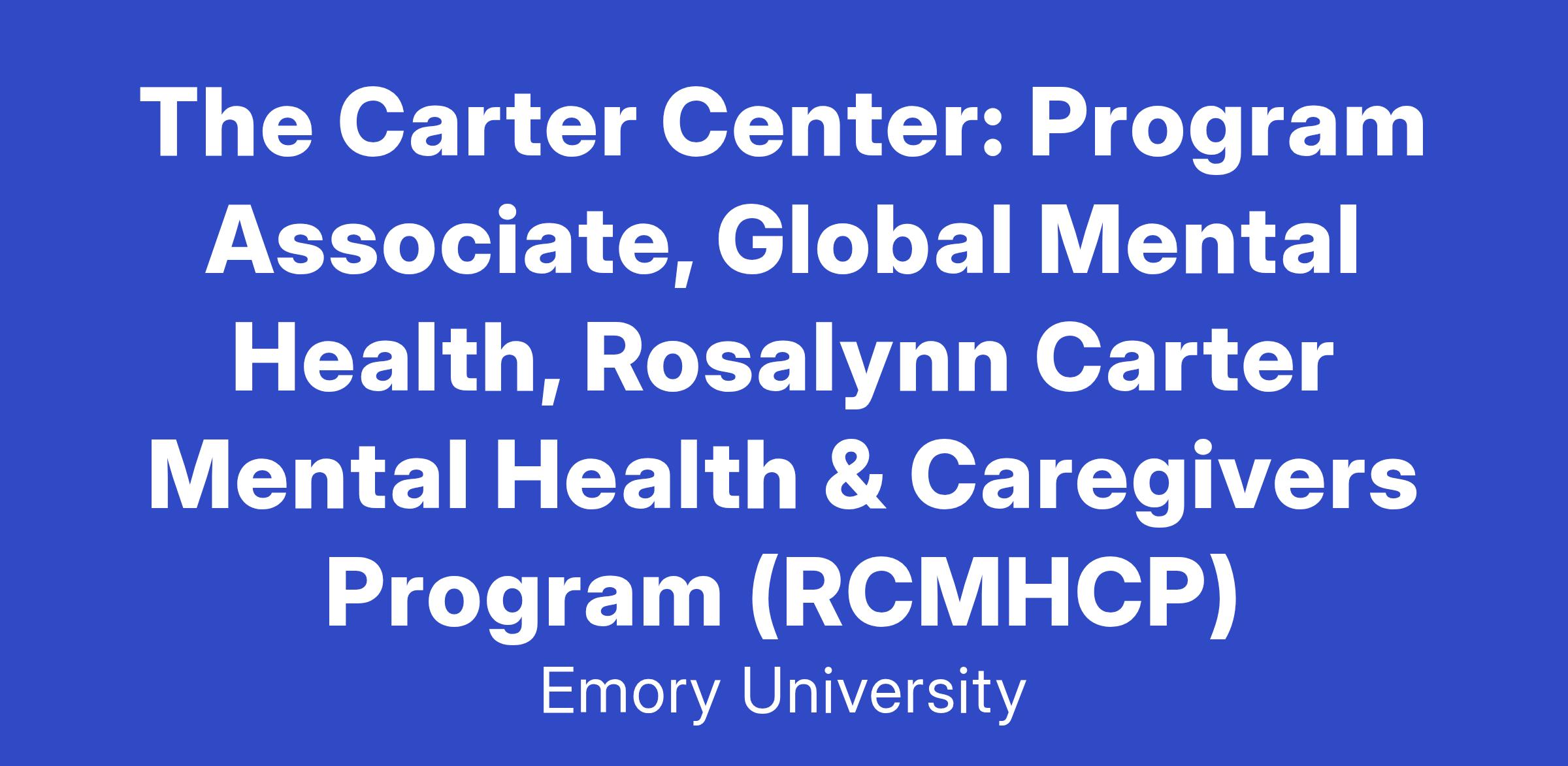
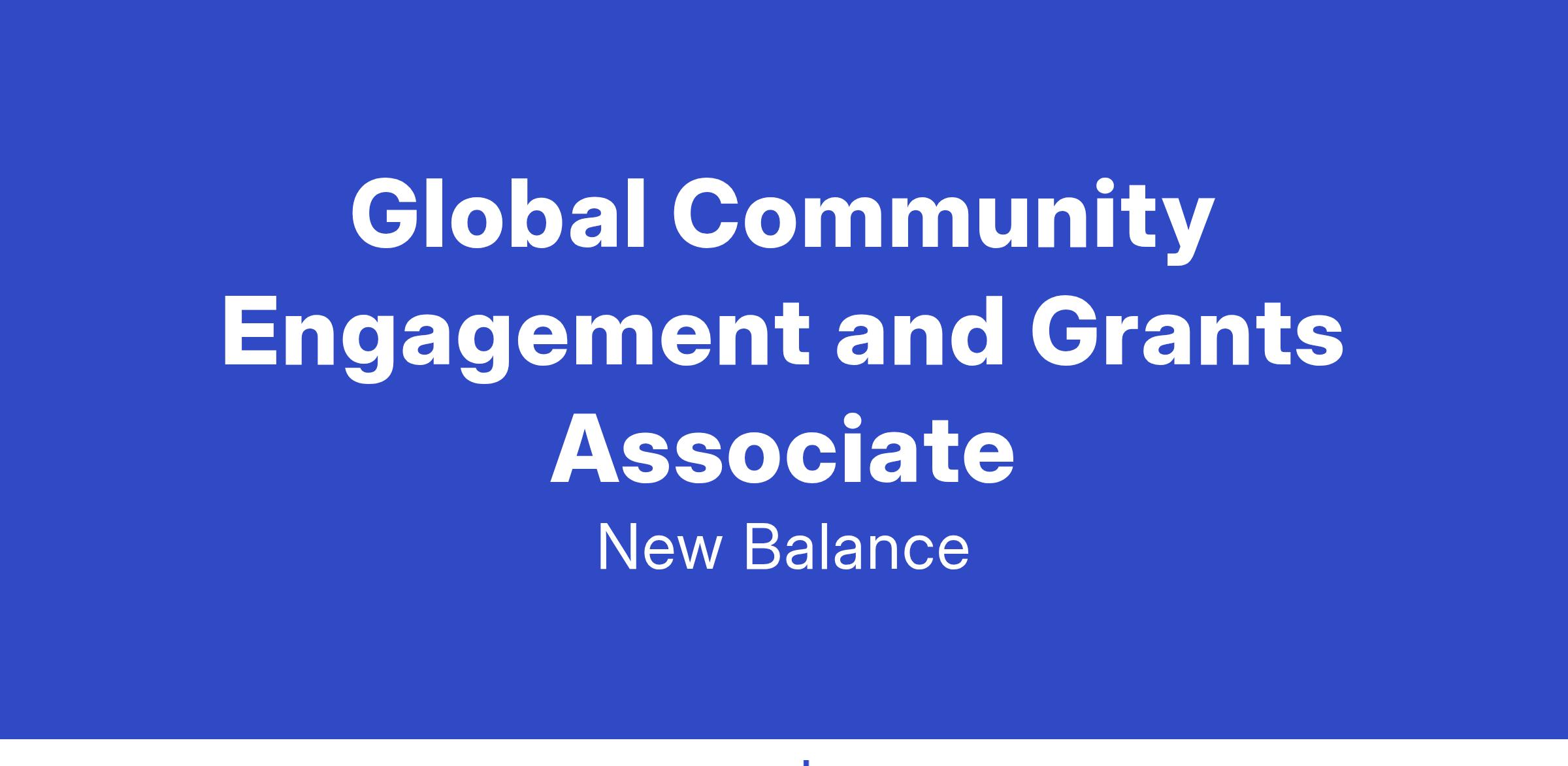








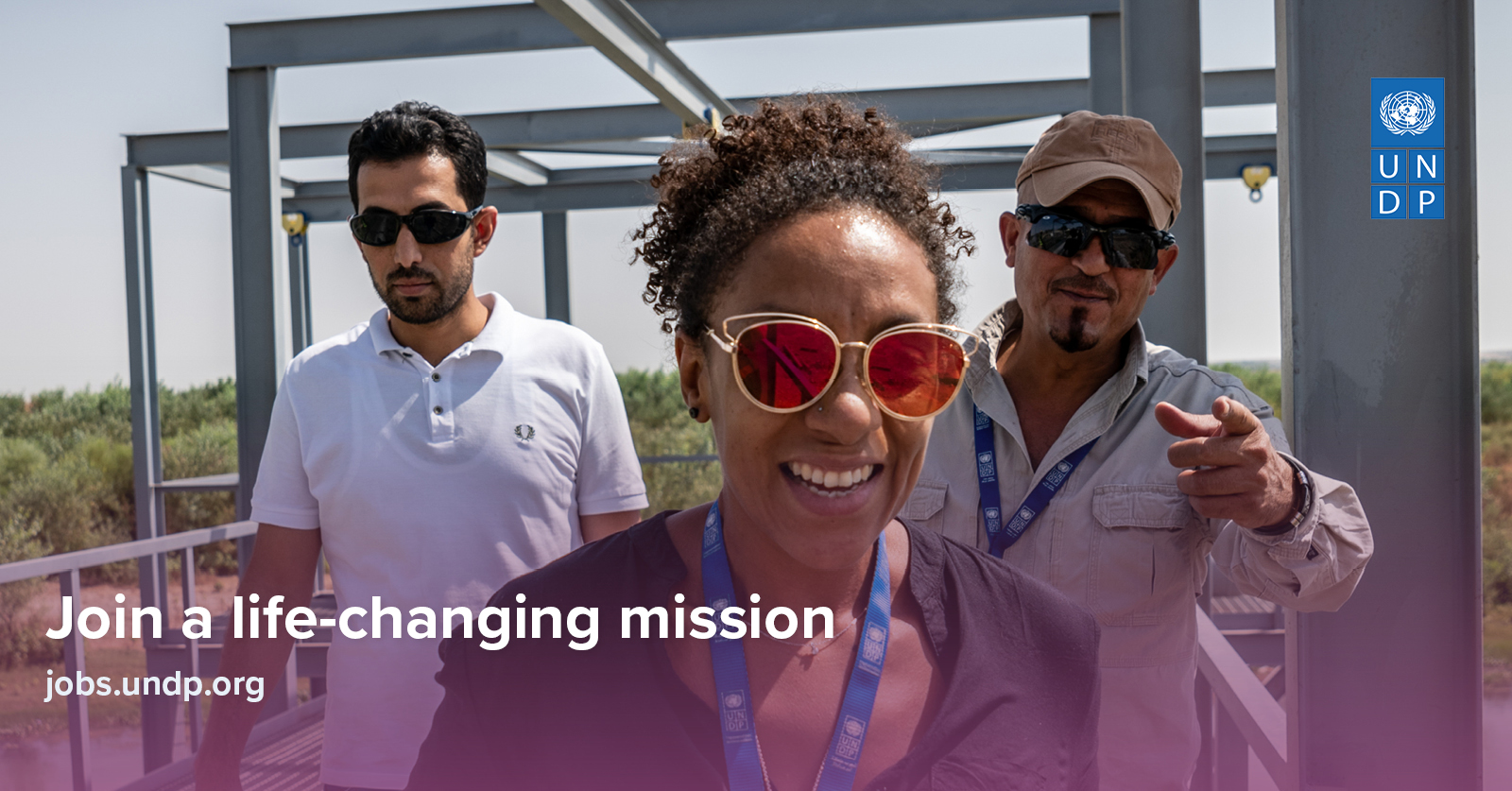


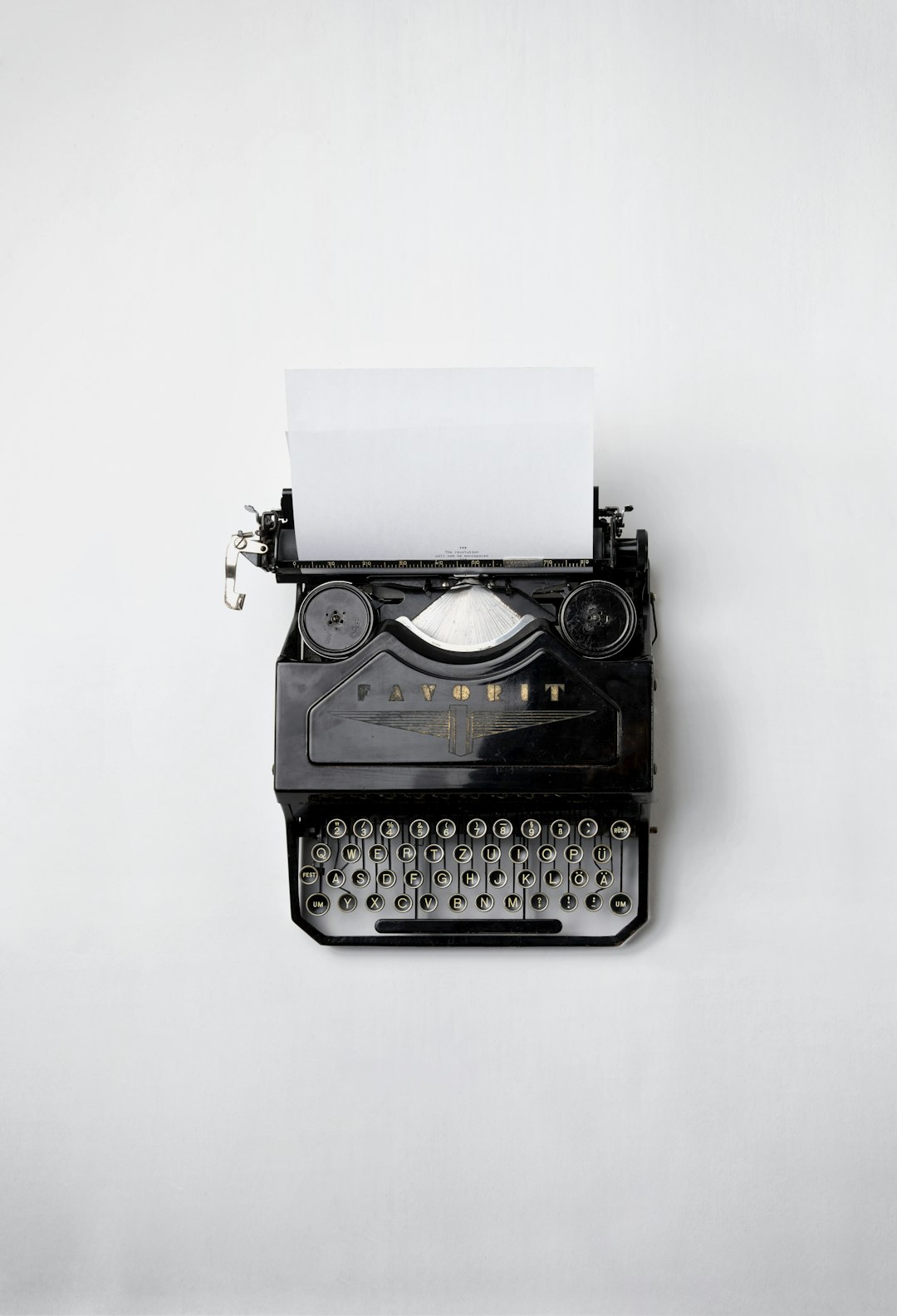
Social Impact Opportunities